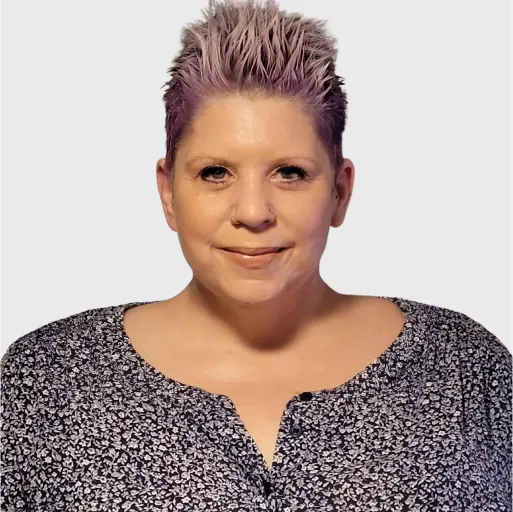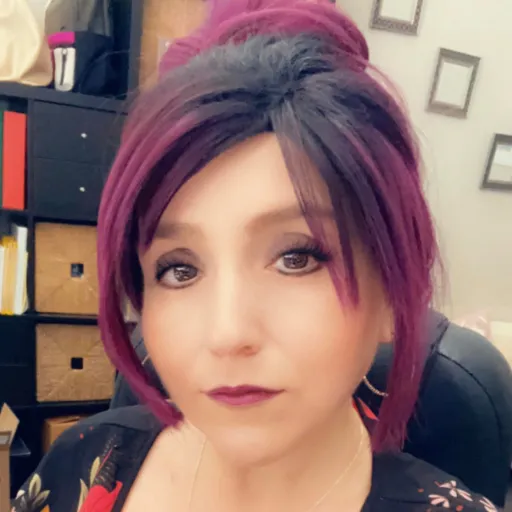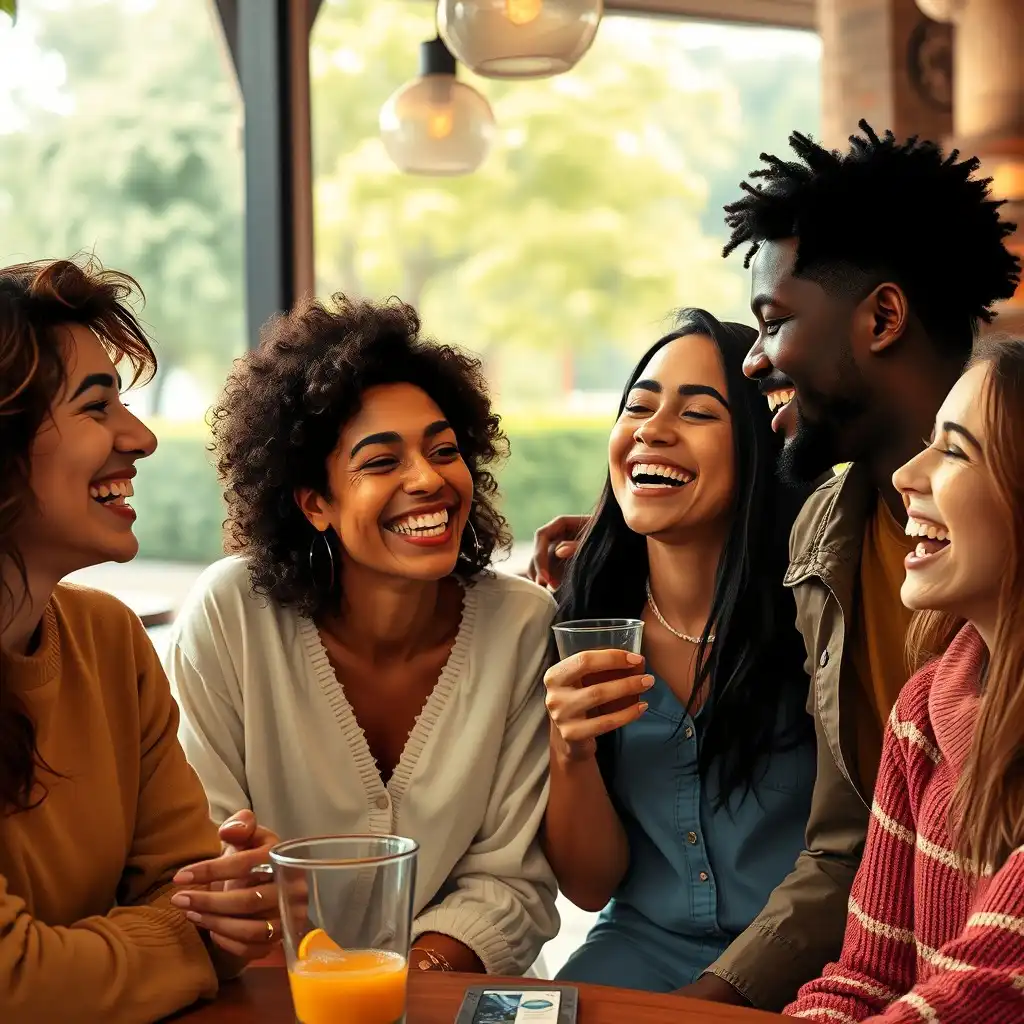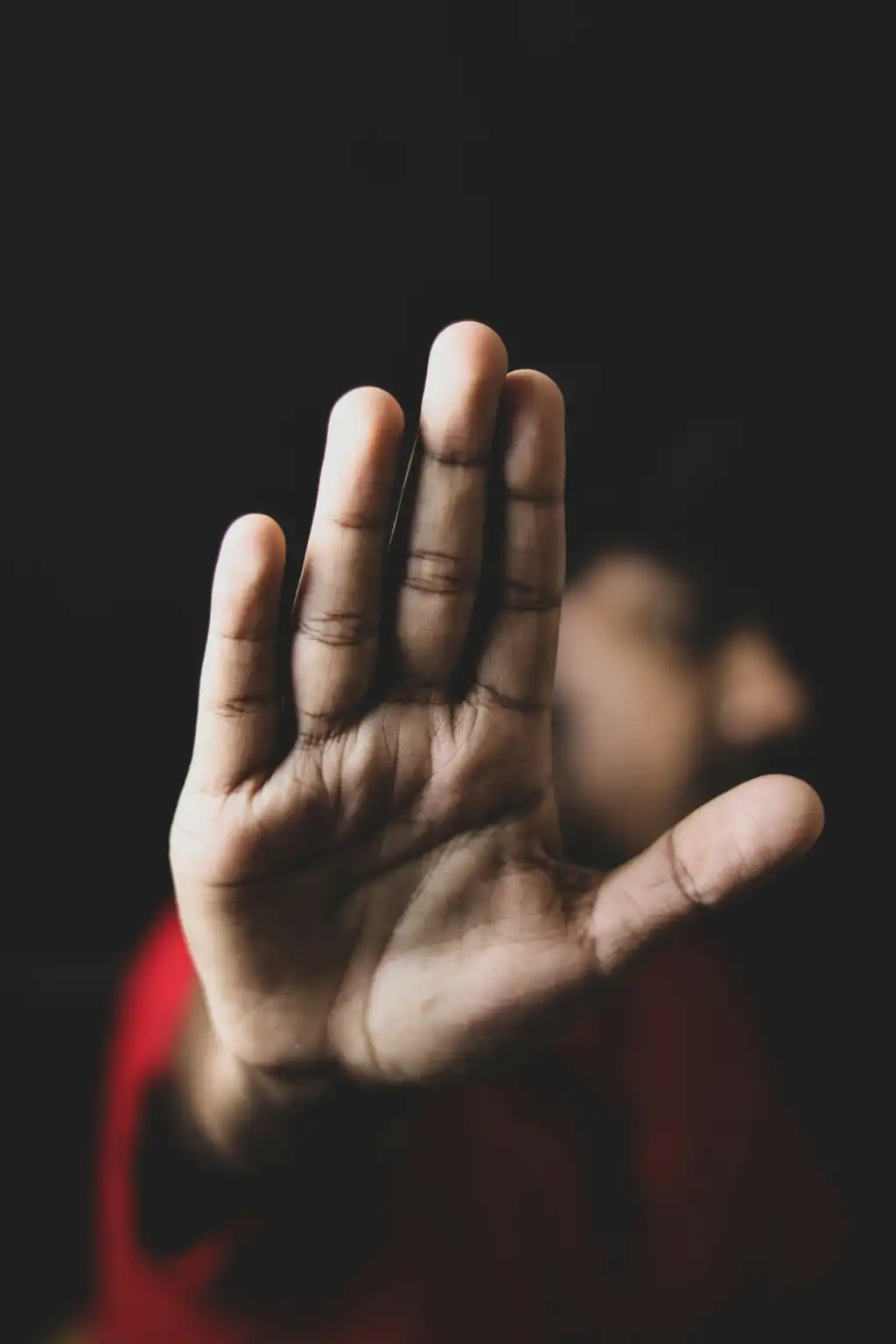
Defining Lust To Understand It Better
Lust is an intense physical desire or craving, often directed toward another person. It’s driven by hormones like testosterone and dopamine, which fuel attraction and pleasure. Unlike love, which involves emotional bonding
Research shows that lust activates the brain’s reward system, similar to how we respond to food or other pleasurable experiences. While this can feel exhilarating, it’s important to recognize that lust alone doesn’t sustain meaningful relationships. Understanding the difference between lust and love is key to building emotional intimacy.
The Psychological Effects of Lust
Lust can have both positive and negative effects on mental health. On one hand, it can boost confidence, enhance mood, and strengthen physical connections. On the other hand, unmanaged lust can lead to feelings of guilt
For example, someone in a committed relationship might feel torn between their physical desires and their emotional commitment to their partner. This internal conflict can create stress and strain the relationship. Therapy can help individuals explore these feelings in a safe, nonjudgmental space and develop strategies to manage them effectively.
Lust vs. Love: Key Differences
While lust and love are often intertwined, they serve different purposes in relationships. Lust is primarily about physical attraction and desire, while love involves emotional connection, trust, and long-term commitment. Here’s a quick comparison:
- Lust: Focuses on physical appearance, immediate gratification, and sexual desire.
- Love: Builds emotional intimacy, prioritizes the partner’s well-being, and fosters long-term commitment.
Understanding these differences can help you navigate your feelings and make informed decisions about your relationships.
How Lust Affects Relationships
Lust can play a positive role in relationships by sparking attraction and keeping the physical connection alive. However, when lust becomes the primary focus, it can overshadow emotional intimacy
Therapy can help couples address these challenges by fostering open communication and mutual understanding. By exploring the role of lust in your relationship, you can work together to create a balanced and fulfilling partnership.
Managing Lust in a Healthy Way
Managing lust doesn’t mean suppressing it—it’s about finding a healthy balance. Here are some practical strategies:
- Communicate openly: Share your feelings and desires with your partner to build trust and understanding.
- Set boundaries: Establish clear boundaries that respect both partners’ needs and values.
- Focus on emotional intimacy: Prioritize activities that strengthen your emotional connection, like spending quality time together or engaging in meaningful conversations.
Therapy can provide personalized tools and techniques to help you navigate these challenges and build a healthier relationship.
Find A Therapist That Specializes In Lust and Relationship Issues
Our therapists at Integrative Family Counseling understand the complexities of lust and relationships and can help you develop the skills to build and maintain healthy connections.

Sandra Villwock
My approach to therapy uses a variety of techniques and modalities to individualize treatment to each client's unique needs. Whether it's supportive therapy, mindfulness-based therapy or other forms of psychotherapy, I work collaboratively with each client to develop a plan that will help achieve his or her goals and be their best self.
View Sandra's Profile
Nedra Everett
I am a Licensed Clinical Social Worker with expertise working with diverse populations. My background encompasses a wide range of areas including trauma, crisis intervention, depression, anxiety, anger management, parent coaching, grief and bereavement and relationship interventions.
View Nedra's Profile
Muhammad Noman Ahmed
Muhammad Noman Ahmed is a dedicated mental health therapist with a passion for helping individuals navigate life's challenges. Having transitioned from the corporate world to pursue his calling, his mission is to provide compassionate and effective therapeutic support to individuals, couples, families, and the LGBTQ community.
View Muhammad's Profile
Amy Carbone
I am a Licensed Clinical Social Worker, empathetic, non-judgmental gal who accepts all clients for who they are. I believe in starting where the client is at that moment in their life. I think the most important part of therapy is the therapeutic relationship.
View Amy's Profile
Sheri Williamson
I help to build a client's confidence and capacity for managing and mitigating their mental health. Together we create a plan based on the client's priorities using a strengths-based approach. Clients learn new interventions and how to incorporate them into every day life.
View Sheri's ProfileWhen to Seek Help for Lust-Related Issues
If lust is causing distress or conflict in your life, it might be time to seek professional help. Signs that you could benefit from therapy include:
- Feeling overwhelmed by physical desires
- Struggling to balance lust with emotional intimacy
- Experiencing guilt, shame, or anxiety related to lust
- Frequent conflicts with your partner about intimacy
At Integrative Family Counseling, our therapists specialize in helping individuals and couples address these issues in a supportive and nonjudgmental environment.
How Therapy Can Help
Therapy offers a safe space to explore your feelings and develop healthier ways to manage lust. A therapist can help you:
- Understand the root causes of your desires
- Set healthy boundaries in relationships
- Improve communication with your partner
- Build emotional intimacy and trust
Whether you’re struggling with lust on your own or in a relationship, therapy can provide the tools and support you need to move forward.
Insurance Coverage Made Simple
We accept most major insurance plans and offer low self-pay rates to ensure quality care is accessible to everyone. Your well-being is our priority, and we're here to help regardless of your financial situation.
FAQ: Common Questions About Lust
What is the difference between lust and love?
Can lust negatively affect relationships?
How does lust impact mental health?
Is lust a normal part of human behavior?
Can therapy help with issues related to lust?
What are healthy ways to manage lust?
How do I know if lust is affecting my relationship?
What should I look for in a therapist for lust-related issues?
Related Articles

In What Ways Should a Partner Improve Your Life?
Discover how a partner should positively impact your life. Integrative Family Counseling offers therapy for individuals and couples in Dupage County, IL.

Platonic Friendship: Navigating the Complexities of Non-Romantic Bonds
Platonic friendship is a valuable part of life. This article examines the complexities of these non-romantic bonds, offering insights into building and maintaining healthy platonic relationships.

Why Is My Wife Hitting Me? Understanding and Seeking Help
Learn why your wife may be hitting you and how to seek help for domestic violence. This guide covers the reasons behind such behavior, the importance of recognizing abuse, and the steps you can take to protect yourself and find support.

Signs an Emotionally Unavailable Man Is in Love with You
Discover how to identify if an emotionally unavailable man is genuinely in love with you. Explore key signs and behaviors that reveal his true feelings.




